
 |
| (Shanghai Daily/Zhou Tao) |
In 2011 in Shanghai, Disney Resorts made its official arrival in the city.
The multinational entertainment company broke ground on a new resort site on the outskirts of Shanghai, marking the occasion with a celebration that included a choir singing in both English and Mandarin and Mickey Mouse dancing onstage in a traditional Chinese costume.
"This is a defining moment in our company's history," said Disney CEO Robert Iger to a crowd. The new park, he promised, would be "both authentically Disney and distinctly Chinese."
Disney's arrival is a high-profile example of a theme-park boom taking place in China.
"There has been amazing growth in the Chinese theme park market," says John Gerner, the founder of a US-based consulting firm called Leisure Business. "The government is encouraging domestic consumption - and when consumers spend more internally, one of the things they spend on is leisure."
Theme park development, says Gerner, tends to follow the growth of the middle class. With more disposable income, people have become more interested in spending on leisure and entertainment.
The country's middle class has expanded rapidly in the last two decades, and in 2011 alone, six major theme parks opened across the country, many in smaller, second-tier cities.
The rush to build new theme parks and capitalize on this new market, however, is no measure of the quality of parks that are opening. Many parks are still not turning a profit and many are aging quickly, without any reinvestment from park runners.
As Disney and other international parks arrive, China's theme parks will have to improve to compete.


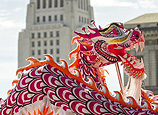


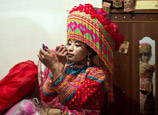
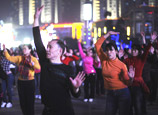
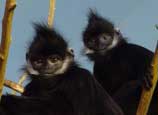
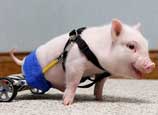
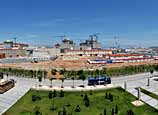
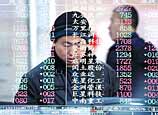






 A 9-year-old son takes good care of his amputee mother: "adults have a priority over delicious meals"
A 9-year-old son takes good care of his amputee mother: "adults have a priority over delicious meals"


![]()
